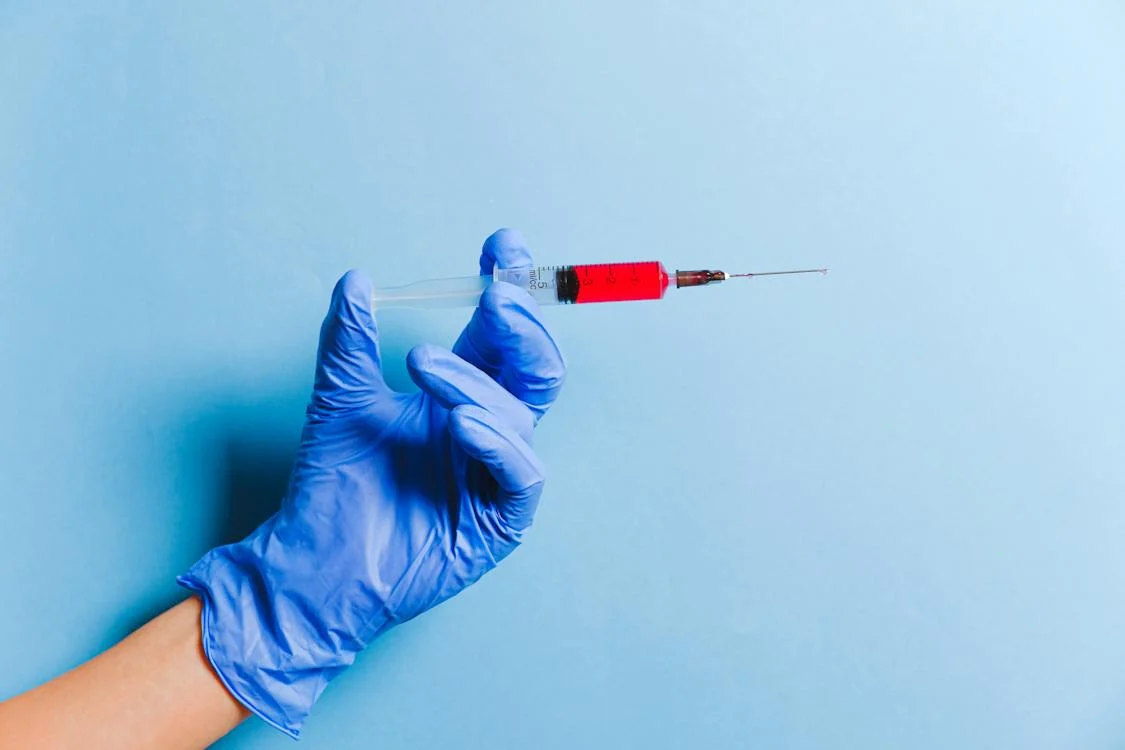Meningitis, a term that strikes fear due to its potentially severe consequences, refers to inflammation of the protective membrane that surrounds the brain and spinal cord. While various factors can trigger meningitis, understanding its causes, symptoms, and preventive measures is crucial for public awareness and health.
The following article describes the condition and illustrates the top causes along with the treatment options you can opt for.
What is Meningitis?
The condition is named so due to the inflammation of the membrane which is known as ‘meninges.’ The meninges may become inflamed due to the infection and lead to symptoms which will be shortly listed in the following sections.
Meningitis can be caused by viruses, bacteria, fungi, or other microorganisms. The severity of the condition and its course depend on the causative agent, with bacterial meningitis being more acute and potentially life-threatening than viral or fungal forms.
The majority of the meningitis cases in America are viral in nature, where other causes of the condition have also been found. It is important to keep a close watch on the progression of the disease as it is crucial to its control. If overlooked, the condition may develop to a severe stage, which can also cause the death of the patient.
Main Causes of Meningitis
-
Bacterial Meningitis:
Bacterial meningitis is often the most concerning form due to its rapid onset and potential for severe complications. The main culprits include Neisseria meningitidis, Streptococcus pneumoniae, and Haemophilus influenzae.
-
Viral Meningitis:
Viral meningitis is generally less severe than the bacterial form and is commonly caused by enteroviruses. Other viruses that can lead to meningitis include herpes simplex virus and mumps virus. While viral meningitis is more common, it tends to have a better prognosis than bacterial meningitis.
-
Fungal Meningitis:
Fungal meningitis is rare but can occur in individuals with compromised immune systems. Cryptococcus neoformans is a common fungus associated with this form of meningitis.
-
Other Causes:
Meningitis can also result from non-infectious causes, such as certain medications, cancers, and autoimmune disorders. However, these instances are less common compared to the infectious forms.
Symptoms of Meningitis:
Regardless of the cause, meningitis often presents with similar symptoms, including:
-
Sudden onset of fever,
-
Severe headache,
-
Stiff neck,
-
Nausea and
-
Vomiting,
-
Photophobia (sensitivity to light),
-
Altered mental status, including confusion or irritability, and
-
Skin rashes (more common in certain types of bacterial meningitis).
These symptoms can progress rapidly, necessitating urgent medical attention.
Diagnosis and Treatment:
Prompt diagnosis is critical for effective treatment. Healthcare professionals may perform a lumbar puncture (spinal tap) to analyze cerebrospinal fluid for signs of infection. Blood tests and imaging studies may also aid in diagnosis.
-
Bacterial Meningitis Treatment:
Bacterial meningitis requires immediate hospitalization and intravenous antibiotics. Depending on the specific bacterium, antibiotics like ceftriaxone or ciprofloxacin may be administered. Supportive care, including fluids and pain management, is also crucial.
-
Viral Meningitis Treatment:
Viral meningitis, often less severe, may not require specific antiviral treatment. Supportive care, rest, and medications to alleviate symptoms may be recommended.
-
Fungal Meningitis Treatment:
Fungal meningitis necessitates antifungal medications, and the treatment course can be more prolonged than bacterial or viral forms.
Preventive Measures
Preventing meningitis involves a combination of vaccination, good hygiene practices, and awareness.
-
Vaccination:
Meningitis vaccine is a potential weapon against the condition as it confers significant protection. Vaccination is a key preventive measure, particularly for bacterial forms. Vaccines against Neisseria meningitidis, Streptococcus pneumoniae, and Haemophilus influenzae are routinely recommended. Vaccination schedules may vary based on age, health conditions, and potential exposure risks.
-
Hygiene and Good Practices:
Practicing good hygiene, such as regular handwashing, can help reduce the risk of viral and bacterial infections. Avoiding close contact with individuals who are sick, particularly during outbreaks, is advisable.
-
Meningococcal Vaccine:
Given the potential severity of meningococcal infections, especially in young adults, the meningococcal vaccine is often recommended for adolescents, college students, and individuals with certain medical conditions that increase susceptibility.
Global Impact and Challenges
Meningitis is a global health concern, affecting individuals of all ages and backgrounds. Outbreaks, especially in crowded settings, pose significant challenges for public health systems. The speed at which bacterial meningitis can spread underscores the importance of swift interventions, including vaccination campaigns during outbreaks.
Public Awareness and Education
Public awareness about the signs, symptoms, and preventive measures for meningitis is crucial. Understanding the importance of vaccination, recognizing symptoms early, and seeking prompt medical attention can significantly impact outcomes.
Conclusion
In conclusion, meningitis, with its diverse causes and potential for severe outcomes, demands vigilance, awareness, and proactive preventive measures. From understanding the main causes to recognizing symptoms and advocating for vaccination, individuals, healthcare professionals, and communities play essential roles in mitigating the impact of this challenging condition.
However, it is also up to us to recognize the signs as soon as they are visible. This allows the healthcare professional to develop a treatment plan as per the condition’s progression.
As research continues to advance, bolstered by ongoing efforts in vaccination and public health, the goal remains clear: to reduce the burden of meningitis and safeguard the well-being of populations worldwide.
For more information visit our website: worldhealthlife.com


